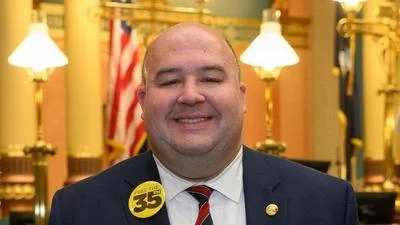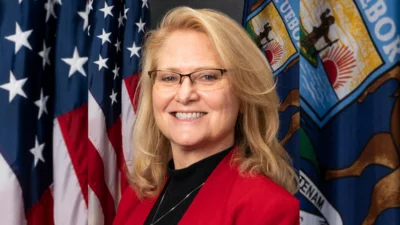Renewable energy sources still provide insufficient power to meet the demands of extreme winters. | stock photo
Renewable energy sources still provide insufficient power to meet the demands of extreme winters. | stock photo
The Mackinac Center for Public Policy has asked Michigan lawmakers to pass a new law that would require any new approved energy-generation facility to enable the energy it produces to be used on demand.
"Michigan residents should not have to depend on whether the sun is shining or the wind is blowing in order to have reliable electricity," Jason Hayes, the Mackinac Center's director of environmental policy, said in a release on the Center's website.
The request comes on the heels of electricity blackouts in Texas and the states surrounding it, following rare winter storms there. In a letter addressed to Sen. Dan Lauwers (R-Brockway Township) and Rep. Joe Bellino (R-Monroe), who chair their respective energy committees, Hayes said that what's happening in those states should be a warning for Michigan's Legislature.
"Winter cold is shutting down over half of the wind generation capacity in Texas and literally freezing natural gas pipelines," Hayes wrote in the letter to Lauwers and Bellino. "The state's electricity regulator — ERCOT — has imposed 'rolling' blackouts. Similar measures are being implemented by Southwest Power Pool in Oklahoma, Missouri and Kansas."
Hayes said the blackouts in Texas are an all-too-familiar scenario for Michigan residents. As the state was dealing with frigid temperatures brought on by the Polar Vortex in 2019, Michigan was lucky to have enough coal and nuclear power for residents to heat their homes when the natural gas supply failed. Wind and solar energy provided only a minimal amount of energy to the grid at the time, but that could soon change because of laws forcing major public utilities to expand their renewable energy production.
Hayes believes now is not the time to implement those regulations, as demands to the electricity system will surge with the push for electric vehicles and the effort to close reliable energy sources.
"These policies will prove to be a recipe for disaster whenever we face weather difficulties," Hayes wrote.






 Alerts Sign-up
Alerts Sign-up